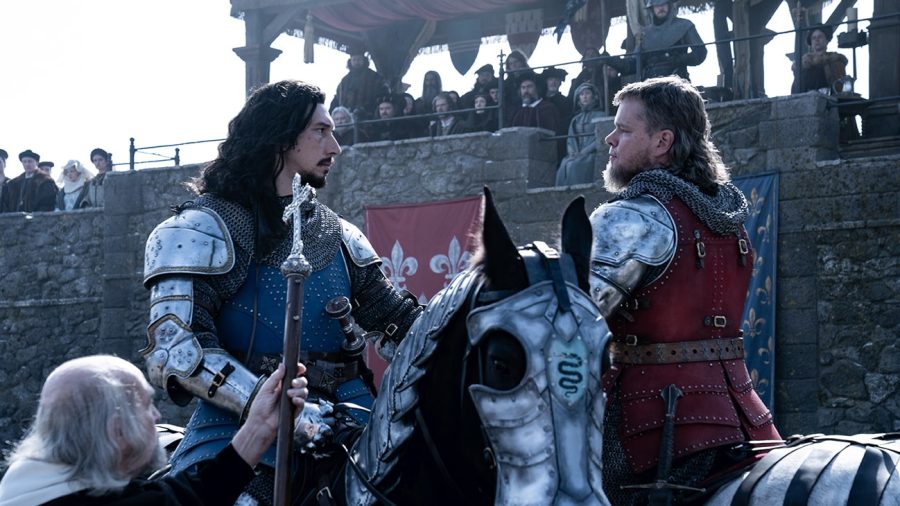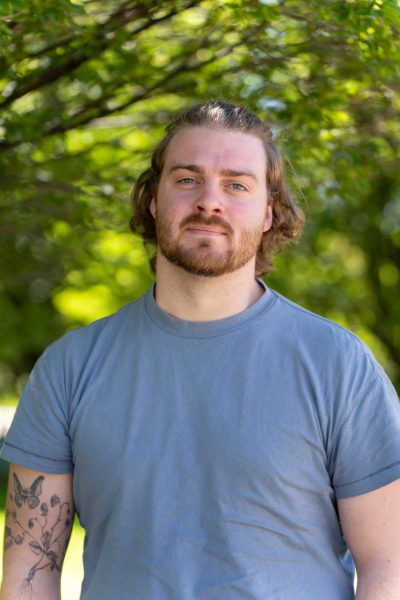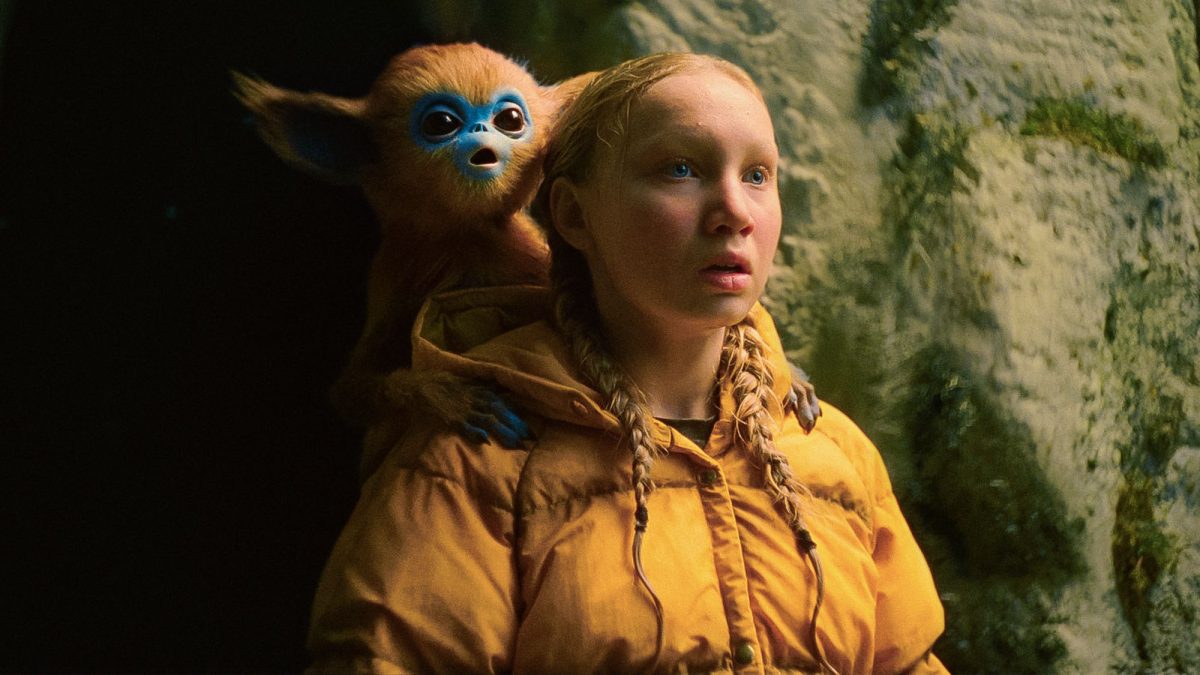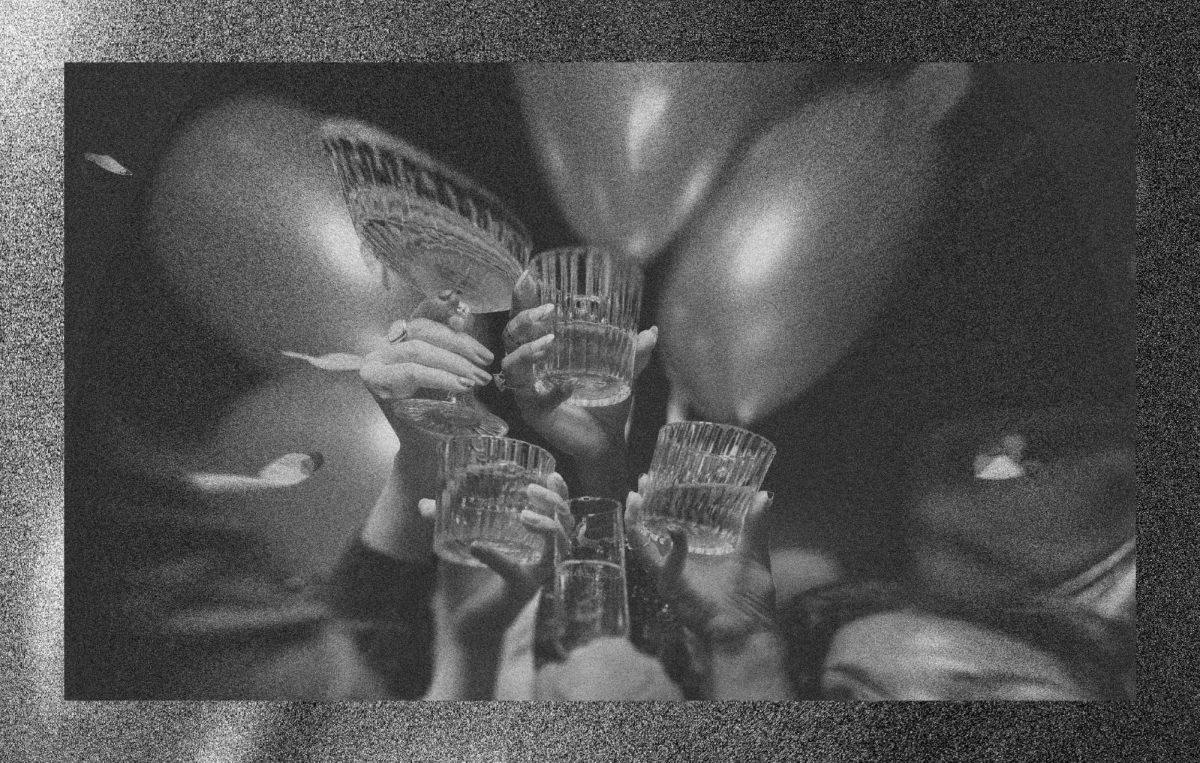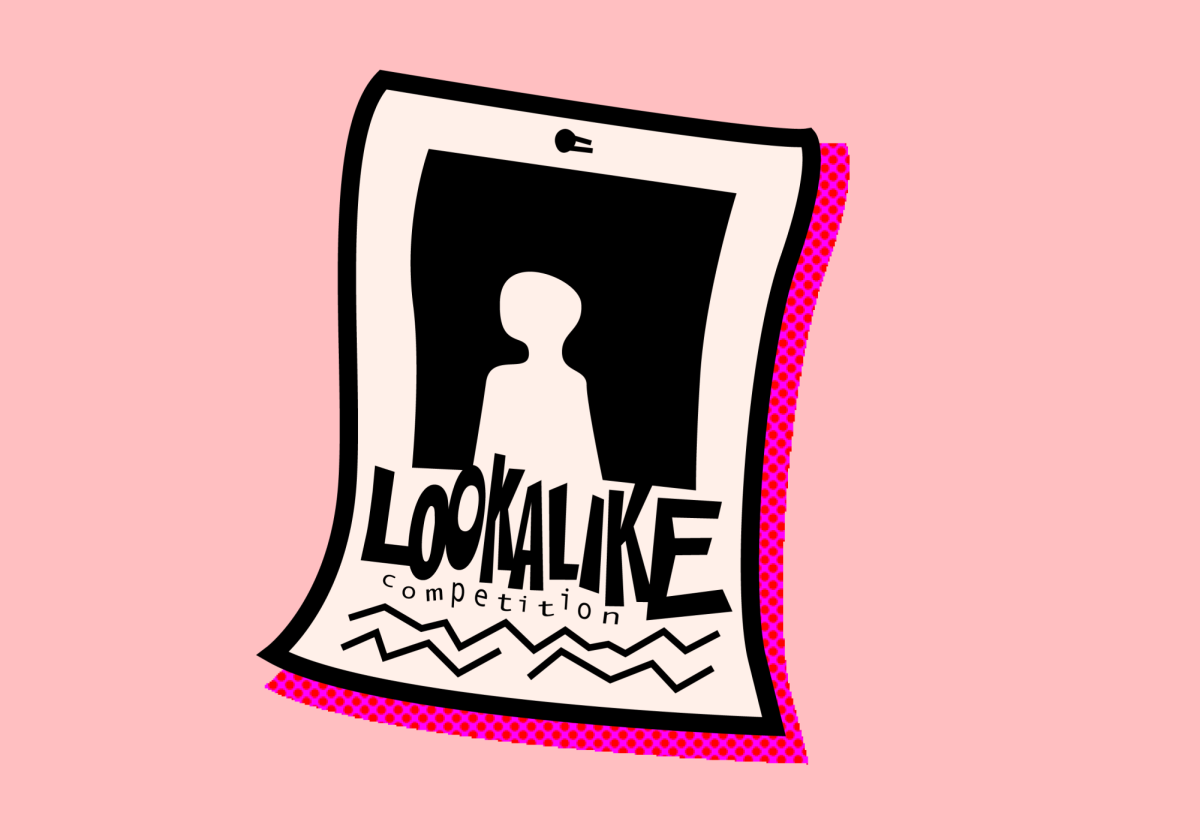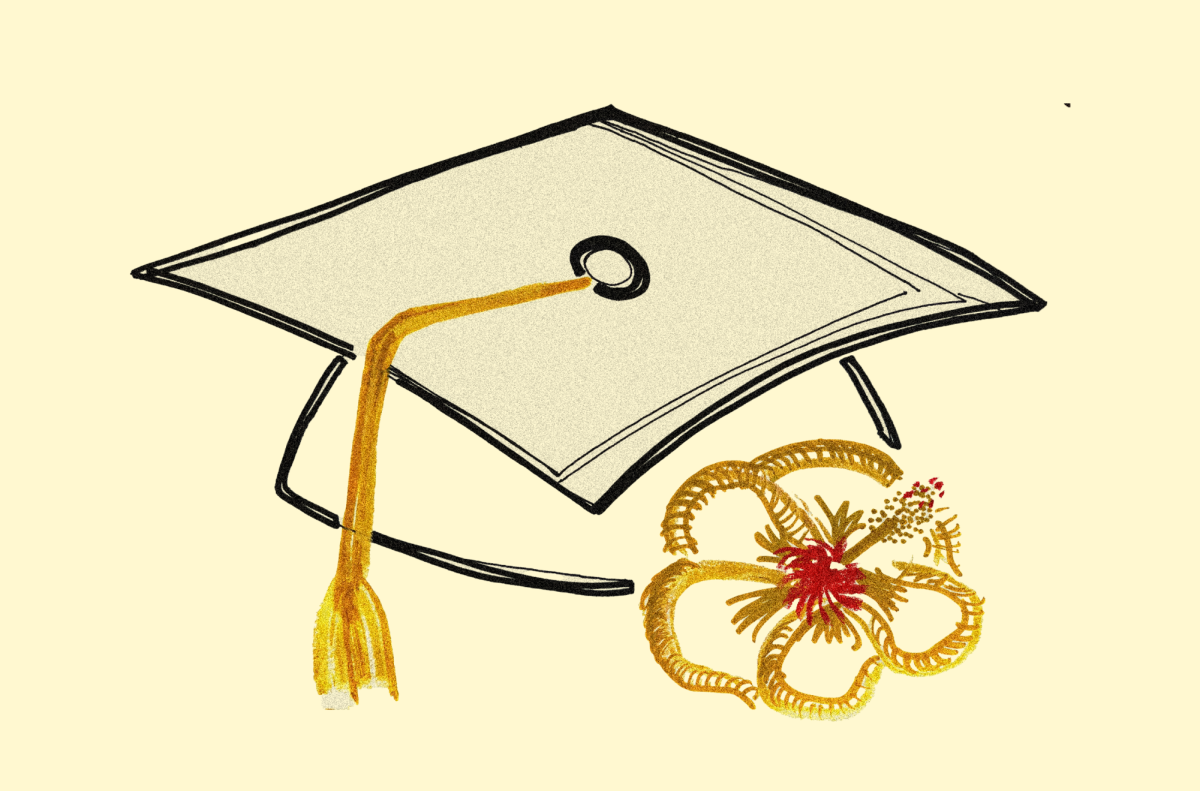Personal and Objective Truth as Explored by ‘The Last Duel’
November 3, 2021
“The truth does not matter. There is only the power of men.”
The above line is spoken by Nicole de Buchard (Harriet Walter) in the early minutes of Ridley Scott’s latest film, “The Last Duel.” It is a line that foreshadows the films narrative stakes, and it is a line that really stuck with me as I left the theatre.
Truth is a messy subject — one that has been explored by philosophers, poets and filmmakers for many years. Our personal truths shape the way we view issues of politics and morality. Often, our personal truths define who we are and why we do the things we do. However, in many instances, our personal truths are called to bear the armor of knights and duel to the death with a truth that is deemed objective. While this objective, unbiased truth should easily have the upper hand, personal, biased and altered truth deems itself a worthy foe.
Exploring Truth
“The Last Duel” explores this battle of truths through the historical lens of the last official judicial duel fought in France. The film tells the true story of Jean de Carrouges (Matt Damon), his wife Marguerite de Carrouges (Jodie Comer) and friend-turned-foe, Jacques Le Gris (Adam Driver), with the plot evolving when Jean accuses Jacques of raping Marguerite, leading to a trial by combat.
The film takes an approach similar to that of Akira Kusosawa’s “Rashomon” in its narrative structure. We are shown the events leading up to the trial from each of the three main characters’ perspectives. While the major events remain similar throughout the retelling, there are nuances in inflection, tone and emotion. The performances masterfully capture these distinctions. They allow us to really feel how we often change small details in our memories to portray ourselves as the hero.
Each of the three “truths” allows us as viewers to deeper understand what was going on in the heads of the characters. We see Jean fool-heartedly focus on maintaining his honor to the point of victim blaming. We begin to understand Jacque and his misunderstanding of consent. We see that he truly believes he did not rape Marguerite.
Heartbreaking Truth
Finally and most powerfully we see Marguerite battle the fiercely unfair odds that came with being a medieval woman. We see her blamed and discouraged for speaking out. Our heart breaks with her as the power of men is held in ever so high esteem while her quest for objective truth is pushed down into the dirt.
Most heart-breaking of all, we come to realize that though medieval times seem so distant, the problems of rape culture and victim shaming are still ever prevalent. Duels like the one fought by de Carrouges and Le Gris may be things of the past, but the fight of Marguerite is one that is much too familiar.
“The Last Duel,” while slow at times, provides a fresh and relevant medieval tale. It reminds us that too often we hold the power of man in higher regard than the objective truth. It reminds us that our personal truths are not as true as we hold them to be. Finally, it reminds us that so many of the systems we have implemented are designed for one party to succeed, regardless of who is the victor.


